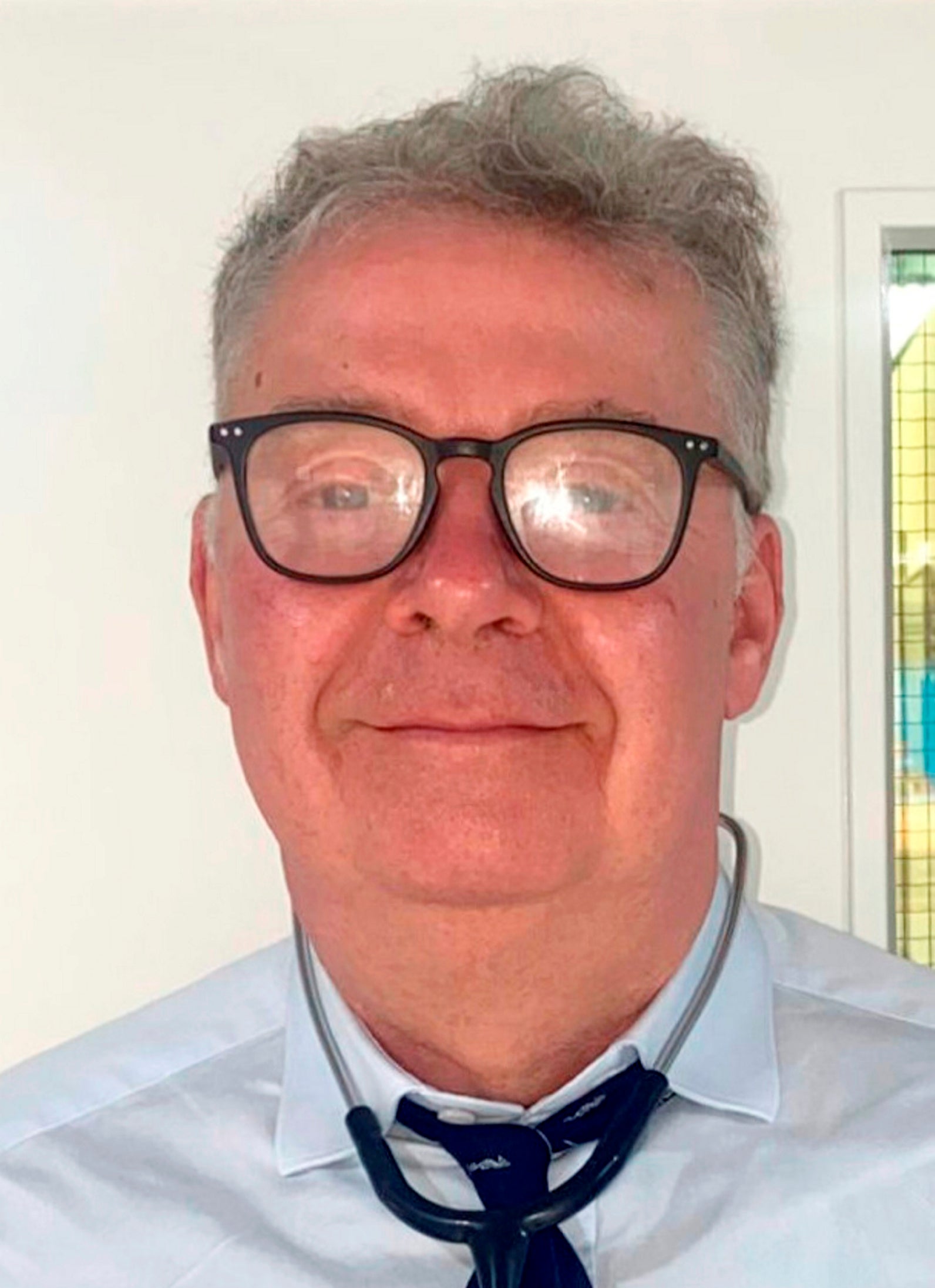Sleep expert reveals the simple secret to a good night’s rest
Dr Mike Dilkes specialises in surgical solutions to snoring and sleep apnoea

A sleep expert says we should make our bedrooms “stark and bare” to ensure we get a good nights sleep.
Ear, nose, throat and surgeon Dr Mike Dilkes, 59, says overhauling your “sleep hygiene” by using your bedroom exclusively for sleep could make all the difference.
Dr Dilkes, former NHS consultant from South London who is now in private practice, said: “If you go to bed in a room with TVs and coffee machines and other distractions then you just don’t sleep as well as if your bedroom is stark, bare and just has a bed.
“I’ve found that not living half your life in there and only using it for sleeping can be a real help.”
Dr Dilkes specialises in surgical solutions to snoring and sleep apnoea - which is when the same throat obstructions which cause snoring stop breathing in the night for up to 30 seconds at a time.
He says Brits should always try more cost-effective treatments before opting for surgery that can come in at as much as £3,000.
He said: “The most common cause of snoring is posture and how we sleep in bed. If you sleep on your back, almost every human being will snore.
“Sleeping on your side helps. You may well need to see a specialist but it’s an easy first step and it’s free of charge.
“Now once you’re aware of the fact you’ve got to sleep on the side, you can sew a tennis ball into a breast pocket and wear it backwards, which means when you roll onto your back you will feel the ball and roll back onto your side.
“You can also get postural sensors now which will go off when you go onto your back.
“It’s the same thing as a tennis ball but much more accurate – it just detects when you’re on your back and alarms you to get you back on your side.
“I also use apps a lot with my patients because you can see a baseline score of snoring every night.

“If you start with a basic intervention like just sleeping on your side and review it after a month and see the score going down, this is good positive reinforcement and people really like it.
“Lifestyle choices like weight loss and not drinking heavily can also make a major difference.
“I always say to my patients, ‘Before you come and see me, just try that because it could save you a lot of money’.
“I would only recommend surgery if those have either not rectified the problem or the patient just can’t commit to them.”
There are biological reasons why some Brits are more likely to snore, including large tonsils, a blocked or healed broken nose and a large soft palate or uvula, which hangs at the back of the mouth.
Medical procedures are often the only solution to these anatomical faults and Dr Dilkes specialises in using lasers in these.
He said: “You can have a mandibular advancement device which is like a gum shield that pulls the lower jaw forward and stops the obstruction at the back of the tongue.
“The most cost-effective surgery for the soft palate is vapourising it away using a laser. That’s about £1,200 and that can be very effective in turning the volume down.
“Tonsils-wise, that’s much more expensive because you have to go into hospital and that’s going to be a good £3,000.
“I would always shrink the tonsils right back until they’re very small, rather than remove them entirely because chopping them off completely is very painful and quite old-fashioned.
“If they’re big tonsils it’ll take a few goes under local anesthetic or just all in one go with general anaesthetic, but a lot of people are dead against that.”
Dr Dilkes is also keen to dispel five common misconceptions about snoring and the solutions to it.
First, he does not recommend sleeping separately to your partner because it does not make you snore less – it just avoids the issue.
He said: “The problem is you’ll still disrupt your own sleep so you’ll still wake up tired and lose quality of life as a result.
“Throat sprays are possibly partially effective because if you spray the soft palate it makes it less likely to vibrate and in theory that will turn the volume down a bit.
“But I don’t think they are terribly effective and I wouldn’t recommend them.
“You also have the misconception that it’s a male-only thing. I had a patient who was said to be the UK’s loudest snorer and she was female.
“People can think there is no treatment for snoring and that nothing really works.
“And snoring can split up long-term relationships and that’s something I don’t think people realise – marriages break down because of snoring.”
Read more: Best mattress
Join our commenting forum
Join thought-provoking conversations, follow other Independent readers and see their replies
Comments


Bookmark popover
Removed from bookmarks